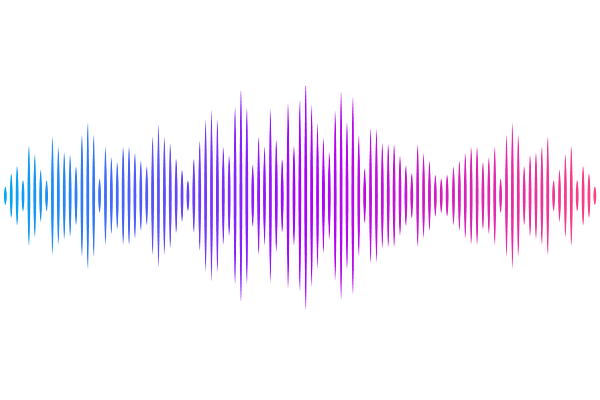Biological changes, political ideology, and scientific communication shape human perceptions of pollen seasons

Biological changes, political ideology, and scientific communication shape human perceptions of pollen seasons
Song, Y.; Millard-Ball, A.; Fox, N.; Van Berkel, D.; Agrawal, A.; Zhu, K.
AbstractClimate change is changing the timing and intensity of pollen seasons, thereby increasing human exposure to allergenic pollen. Climate-driven changes in pollen seasons present a unique opportunity to craft messaging aimed at communicating climate change impacts on public health through changes in the biological systems. However, it is unclear how pollen seasons are experienced and understood by the public, including how well we detect pollen seasons or what factors we view as responsible for changes in pollen seasons. Here, we use social media data in the United States from 2012 to 2022 to assess public perceptions of pollen seasons at large spatiotemporal scales. We show that pollen seasons detected by social media (Twitter) users align well with natural pollen seasons. Attribution of changing pollen seasons, however, varies based on political ideology: liberal users, compared to conservative users, are more likely to attribute changing pollen seasons to climate change. Mass media and scientific experts play a key role in communicating how climate change drives changing pollen seasons. Our findings reveal how changes in biological systems, political ideology, and scientific communications collectively shape public perceptions of pollen seasons under climate change. Our findings constitute a step towards more effective climate change impact communication and public health intervention design.